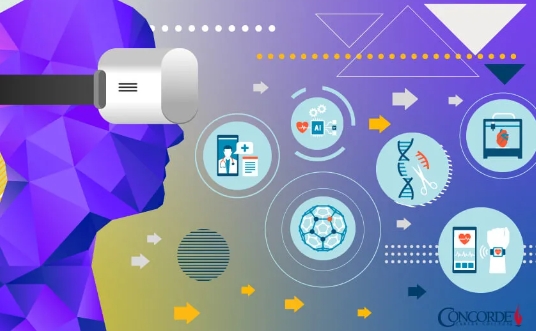Cutting-edge technology has the power to transform healthcare as we know it, providing innovative solutions to improve patient outcomes and enhance efficiency in medical facilities.
1. Telemedicine: Bridging the Gap
Telemedicine allows patients to connect with healthcare providers remotely, eliminating the need for in-person visits. This technology not only improves access to care for those in rural or underserved areas but also reduces healthcare costs and increases convenience for patients.
2. Electronic Health Records: Streamlining Management
Electronic health records (EHRs) have revolutionized the way patient information is stored and accessed. By digitizing medical records, healthcare providers can easily access a patient’s complete medical history, leading to more informed decision-making and better-coordinated care.
3. Wearable Technology: Personalizing Healthcare
Wearable devices like smartwatches and fitness trackers are enabling individuals to monitor their health in real-time. These devices can track vital signs, activity levels, and even detect abnormal patterns, providing valuable data for both patients and healthcare providers to make informed decisions about personalized care.
4. Artificial Intelligence: Enhancing Diagnostics
Artificial intelligence (AI) is being used to analyze large amounts of medical data at speeds impossible for humans. AI-powered algorithms can assist in diagnosing diseases, identifying potential treatment options, and predicting patient outcomes. This technology has the potential to revolutionize medical diagnostics and treatment planning.
5. Robotic Surgery: Precision and Efficiency
Robotic surgery systems allow surgeons to perform complex procedures with enhanced precision and efficiency. These robots can navigate tight spaces within the body, minimize scarring, and reduce recovery times for patients. By combining the skills of the surgeon with the precision of robotics, patients can experience improved surgical outcomes.
In conclusion, cutting-edge technology is revolutionizing healthcare by improving access to care, streamlining management processes, personalizing treatments, enhancing diagnostics, and enabling more precise surgical procedures. As these technologies continue to evolve, the healthcare industry will see significant advancements in patient care and outcomes.

